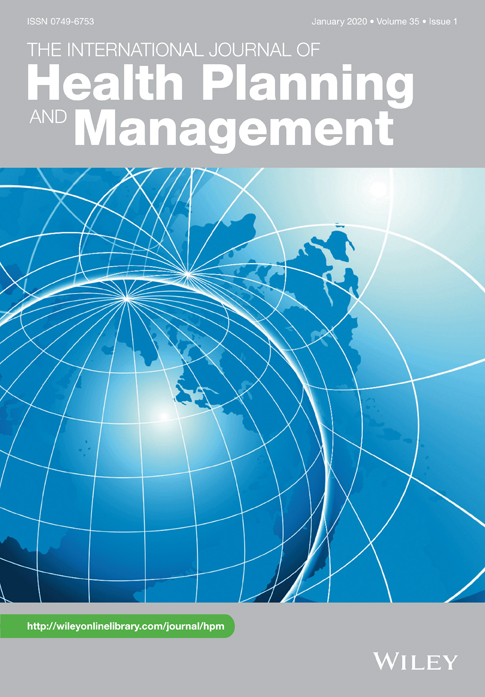Comparing selected countries using sin tax policy in sustainable health financing: Implications for developing countries
Summary
Background
Sustainable health financing is one of the main challenges of policy makers and planners. This study aimed at comparing the experiences of countries in using the sin tax policies for sustainable health financing resources.
Methods
This qualitative study was conducted in two phases. First, a comparative study was carried out by searching databases from 1990 to 2017, and six countries (Thailand, England, Australia, the Philippines, South Africa, and Vietnam) were selected. Second, the existing Iranian high policy documents from 2005 to 2017 were reviewed deeply by using the content analysis method.
Results
The sin tax, such as taxes on tobacco and alcohol, was one of the main policies to provide sustainable health financing in all selected countries. The Iranian health system had no significant-related legal and political gap, but there were limitations in enforcing and implementing them. Finally, it is necessary to evaluate the policy and follow its effects up.
Conclusions
The main financial resources in the selected countries included health promotion funds with different names and goals which took taxes on harmful goods, tobacco, and alcohol. Weaknesses in implementing laws and monitoring them were the main reasons for the lack of sustainable financing.
CONFLICT OF INTEREST
The authors have no competing interests.




